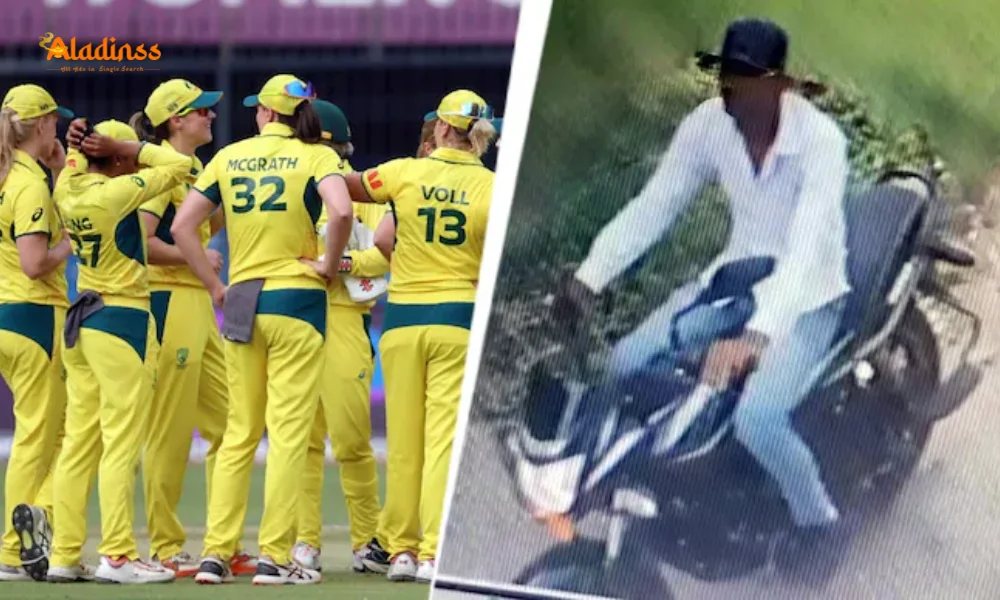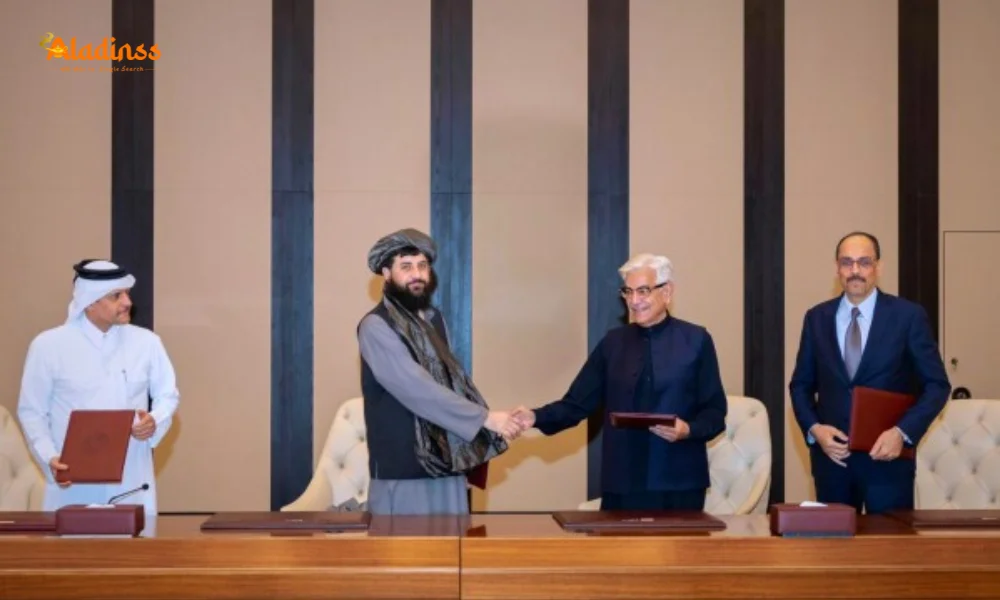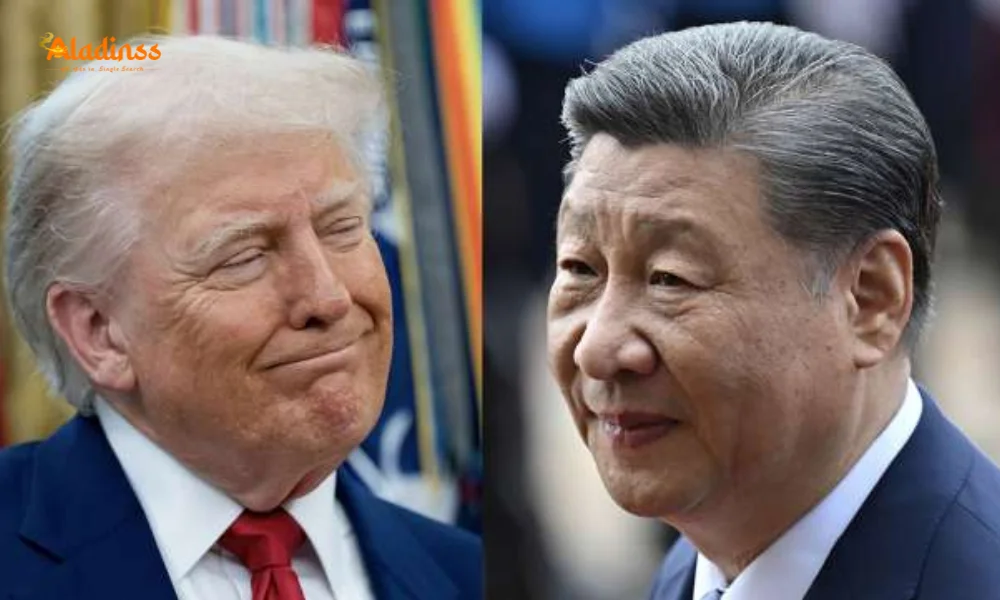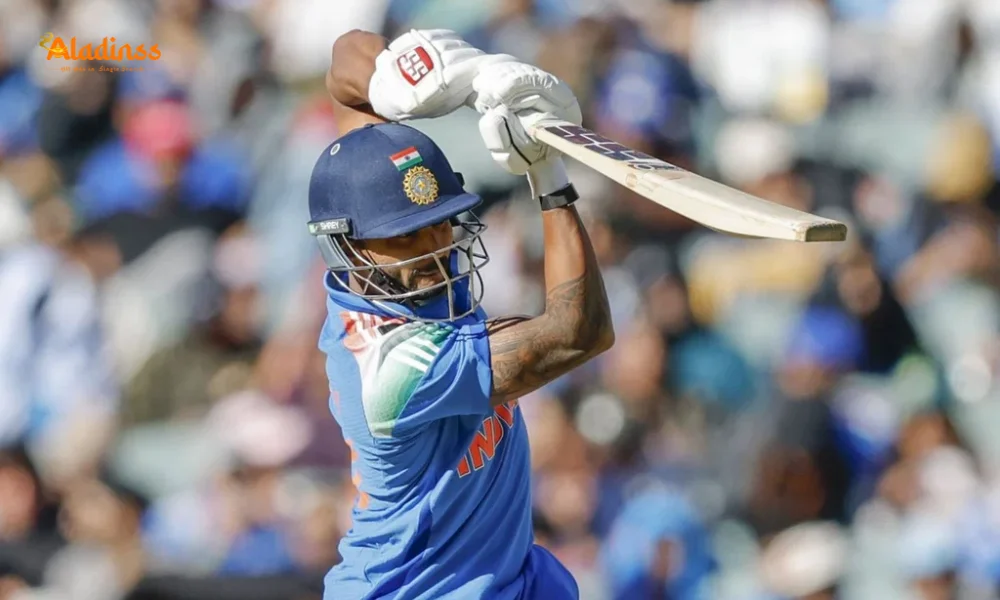C.P. Radhakrishnan to Take Oath as India's 15th Vice President on September 12
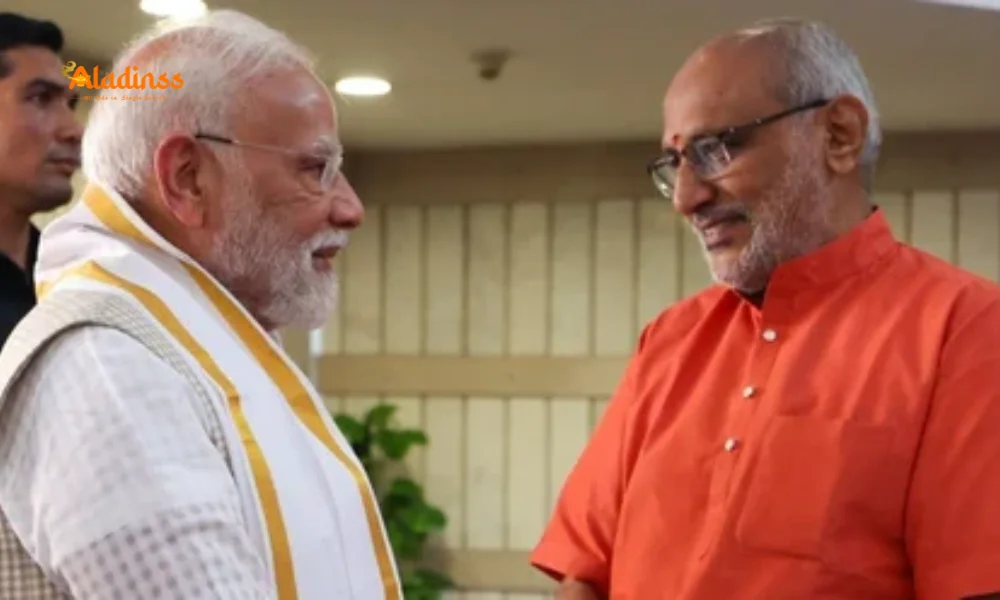
C.P. Radhakrishnan to Take Oath as India's 15th Vice President on September 12
In a significant development for Indian politics, C.P. Radhakrishnan, recently elected as the 15th Vice President of India, is set to take the oath of office on September 12, 2025, at a formal ceremony in Rashtrapati Bhavan, New Delhi. This breaking news follows the announcement from the Rashtrapati Bhavan that President Droupadi Murmu will administer the oath to Radhakrishnan, marking a new chapter in India’s constitutional leadership. The election, necessitated by the resignation of former Vice President Jagdeep Dhankhar on July 21, 2025, saw Radhakrishnan secure a decisive victory, reinforcing the National Democratic Alliance’s (NDA) dominance in the electoral process. This latest update highlights Radhakrishnan’s transition from Maharashtra Governor to Vice President, a move that has captured national attention.
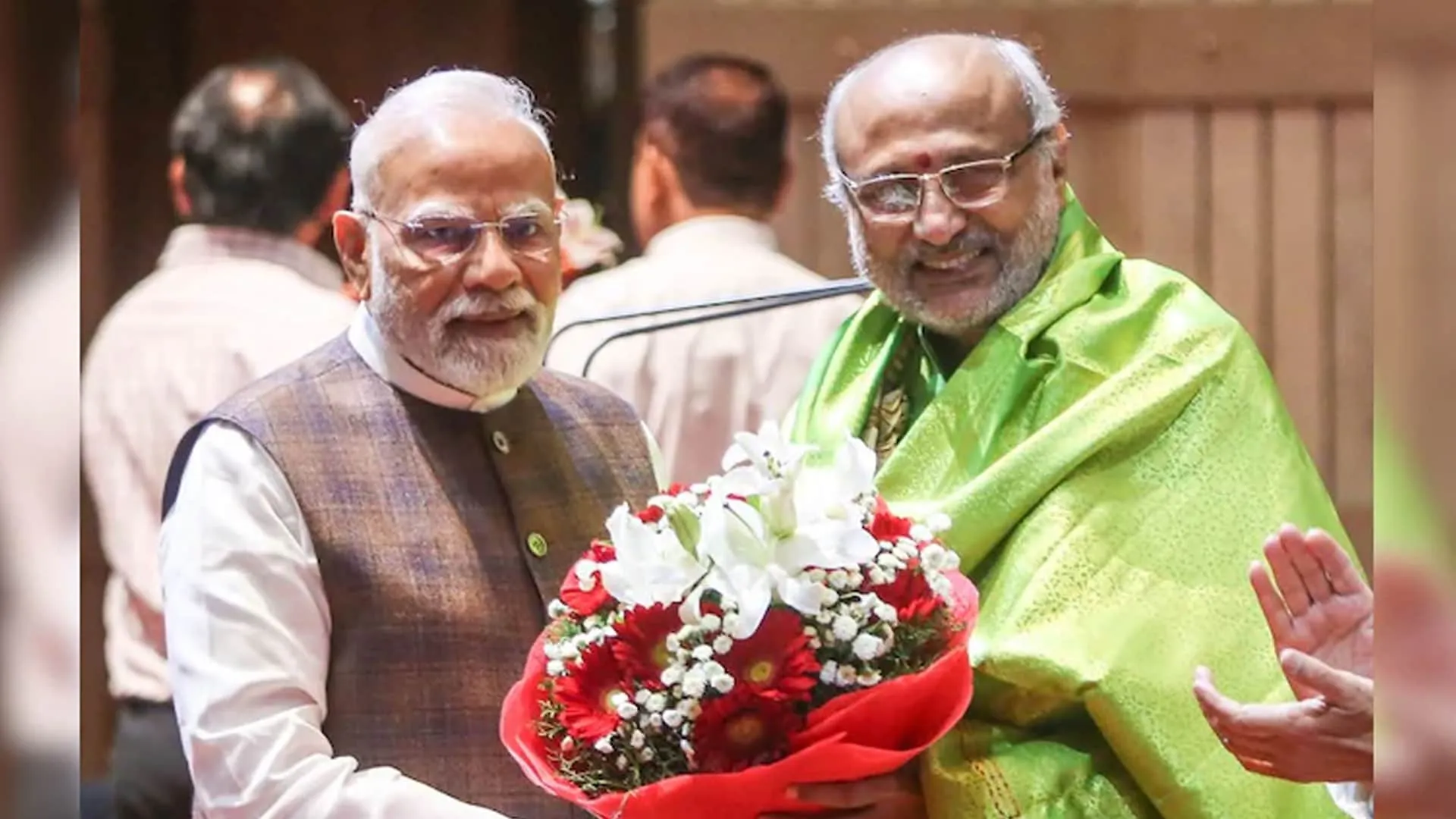
Background of the Vice Presidential Election
The vice presidential election was triggered by the unexpected resignation of Jagdeep Dhankhar on July 21, 2025, citing health reasons. The National Democratic Alliance (NDA) swiftly nominated C.P. Radhakrishnan, the then-Governor of Maharashtra and a seasoned politician from Tamil Nadu, as its candidate. The opposition’s Indian National Developmental Inclusive Alliance (INDIA) fielded former Supreme Court Justice B. Sudershan Reddy, setting the stage for a high-stakes electoral contest. The election, held on September 9, 2025, involved an electoral college of 781 Members of Parliament (MPs) from both the Lok Sabha and Rajya Sabha, making it a critical democratic exercise.
The voting process saw a turnout of 98.2%, with 767 MPs casting their votes. Of these, 752 votes were deemed valid, while 15 were declared invalid, setting the majority requirement at 377 votes. Radhakrishnan secured a commanding 452 votes, surpassing the majority mark by 75 votes, while Reddy garnered 300 votes. The election outcome was announced by Rajya Sabha Secretary General and Returning Officer P.C. Mody, who emphasized the free, fair, and orderly conduct of the polls. The NDA’s victory was bolstered by support from 11 YSR Congress Party (YSRCP) MPs, alongside the alliance’s existing strength of 427 MPs, sparking speculation of cross-voting from the opposition camp.
Boycotts and Political Dynamics
The election was not without its share of political maneuvering. Regional parties, including the Biju Janata Dal (BJD) with seven MPs, Bharat Rashtra Samithi (BRS) with four MPs, Shiromani Akali Dal (SAD) with one MP, and two independent MPs, chose to abstain from voting. These parties leveraged the boycott to highlight local issues, distancing themselves from national coalitions. For instance, BRS cited support for Telangana farmers, while SAD pointed to inadequate assistance for flood victims in Punjab. The abstentions, totaling 13 MPs, slightly reduced the electoral college’s effective strength but did not alter the NDA’s numerical advantage.
The opposition, led by the Congress, claimed a moral victory despite the loss, with Congress communications chief Jairam Ramesh noting that their candidate secured 40% of the vote, a significant improvement from the 26% in the 2022 vice presidential election. However, BJP leaders countered that at least 15 opposition MPs had voted in favor of Radhakrishnan, with some suggesting that deliberate invalid votes contributed to the NDA’s margin. This dynamic underscored the polarized nature of the contest, with both sides framing the outcome to their advantage.
C.P. Radhakrishnan’s Political Journey
C.P. Radhakrishnan, born on May 4, 1957, in Tiruppur, Tamil Nadu, brings a wealth of political experience to his new role. A long-time member of the Bharatiya Janata Party (BJP) and Rashtriya Swayamsevak Sangh (RSS), Radhakrishnan has been a prominent figure in Tamil Nadu politics. He was elected to the Lok Sabha from Coimbatore in 1998 and 1999, defeating the Dravida Munnetra Kazhagam (DMK) incumbent in the aftermath of the 1998 Coimbatore bombings. His tenure as Tamil Nadu BJP president from 2004 to 2006 saw him undertake a 93-day rath yatra to advocate for issues like river linkage and combating terrorism, earning him the moniker “Vajpayee of Coimbatore.”
Radhakrishnan’s gubernatorial roles included serving as Governor of Jharkhand (2023-2024), Telangana, Puducherry, and Maharashtra (2024-2025). His tenure as Maharashtra Governor was marked by his emphasis on cooperative federalism, a principle he has pledged to uphold as Vice President. Radhakrishnan’s election as Vice President is a testament to his decades-long commitment to public service and his deep-rooted nationalist ideology, as he described his victory as a triumph of “nationalistic ideology” aimed at achieving a developed India by 2047.
Oath Ceremony Details
The oath-taking ceremony for C.P. Radhakrishnan is scheduled for September 12, 2025, at 10:30 a.m. at Rashtrapati Bhavan, New Delhi. President Droupadi Murmu will administer the oath, formalizing Radhakrishnan’s role as the 15th Vice President of India and ex-officio Chairman of the Rajya Sabha. The ceremony is expected to be attended by senior NDA leaders, including Prime Minister Narendra Modi, Union Ministers Amit Shah and J.P. Nadda, and other dignitaries. Invitations have also been extended to the Leaders of the Opposition in both Houses of Parliament, with former Vice President Jagdeep Dhankhar likely to be present, adding a layer of continuity to the event.
The ceremony follows a traditional protocol outlined in Article 69 of the Indian Constitution, which mandates that the Vice President make and subscribe an oath or affirmation before the President. After signing the register, Radhakrishnan will be formally welcomed in the Rajya Sabha, where he will assume his duties as Chairman during the upcoming winter session in November 2025. The event has been deemed auspicious by an NDA source, reflecting the cultural significance attached to such high-profile ceremonies.
Transition in Maharashtra’s Governorship
Following his election as Vice President, Radhakrishnan resigned as Maharashtra Governor on September 11, 2025. The Rashtrapati Bhavan promptly announced that Gujarat Governor Acharya Devvrat would take on additional responsibilities as the Governor of Maharashtra, ensuring continuity in the state’s administration. This transition highlights the seamless coordination within India’s constitutional framework, as Radhakrishnan prepares to assume his new role in Delhi.
Radhakrishnan’s brief tenure as Maharashtra Governor was described by him as the “happiest period” of his public life, reflecting his deep connection with the state. His move to the Vice Presidency is expected to bring his experience in governance and parliamentary affairs to the forefront, particularly in navigating the challenges of a polarized Rajya Sabha, which has seen unprecedented friction in recent years.
Expectations from Radhakrishnan’s Tenure
As Vice President and Chairman of the Rajya Sabha, Radhakrishnan faces the challenge of fostering constructive parliamentary discourse in a deeply divided Upper House. His predecessor, Jagdeep Dhankhar, faced a no-confidence notice from the opposition, a first in India’s independent history, highlighting the contentious atmosphere. Radhakrishnan has pledged to uphold cooperative federalism and ensure equal space for the opposition, as outlined in his letter to lawmakers during the election campaign. His commitment to constitutional values and parliamentary traditions has been lauded by leaders like Prime Minister Modi, who expressed confidence in Radhakrishnan’s ability to enhance democratic processes.
Congress president Mallikarjun Kharge, while congratulating Radhakrishnan, urged him to maintain impartiality and resist pressures from the ruling dispensation. The opposition’s call for fairness reflects the high expectations placed on Radhakrishnan to navigate the complexities of Rajya Sabha proceedings, particularly on contentious issues like GST restructuring and federalism. His background as a seasoned politician and administrator positions him well to address these challenges, with stakeholders closely watching his first moves as Vice President.
Public and Political Reactions
The announcement of Radhakrishnan’s oath-taking has generated significant buzz across political and public spheres. Social media platforms are abuzz with discussions, with hashtags related to the vice presidential election trending in India. Supporters of the NDA have hailed Radhakrishnan’s victory as a triumph of experience and nationalism, while opposition leaders have emphasized the need for unity and fairness in his tenure. The ceremony is expected to be a high-profile event, with media coverage amplifying its significance as a milestone in India’s democratic journey.
Radhakrishnan’s election and upcoming oath-taking underscore the vibrancy of India’s democratic institutions. As the nation prepares to welcome its 15th Vice President, the focus is on his ability to uphold constitutional values, foster bipartisan dialogue, and contribute to India’s vision of becoming a developed nation by 2047.
Comment / Reply From
No comments yet. Be the first to comment!
